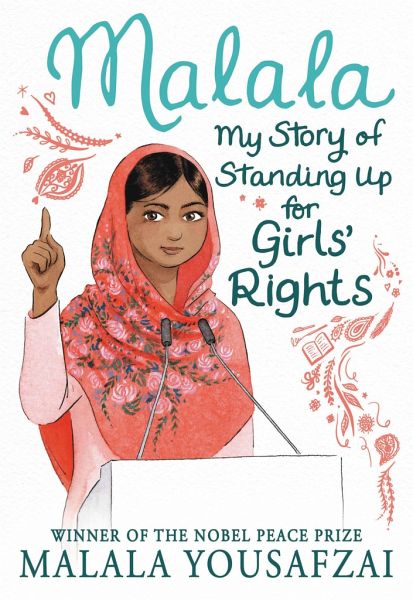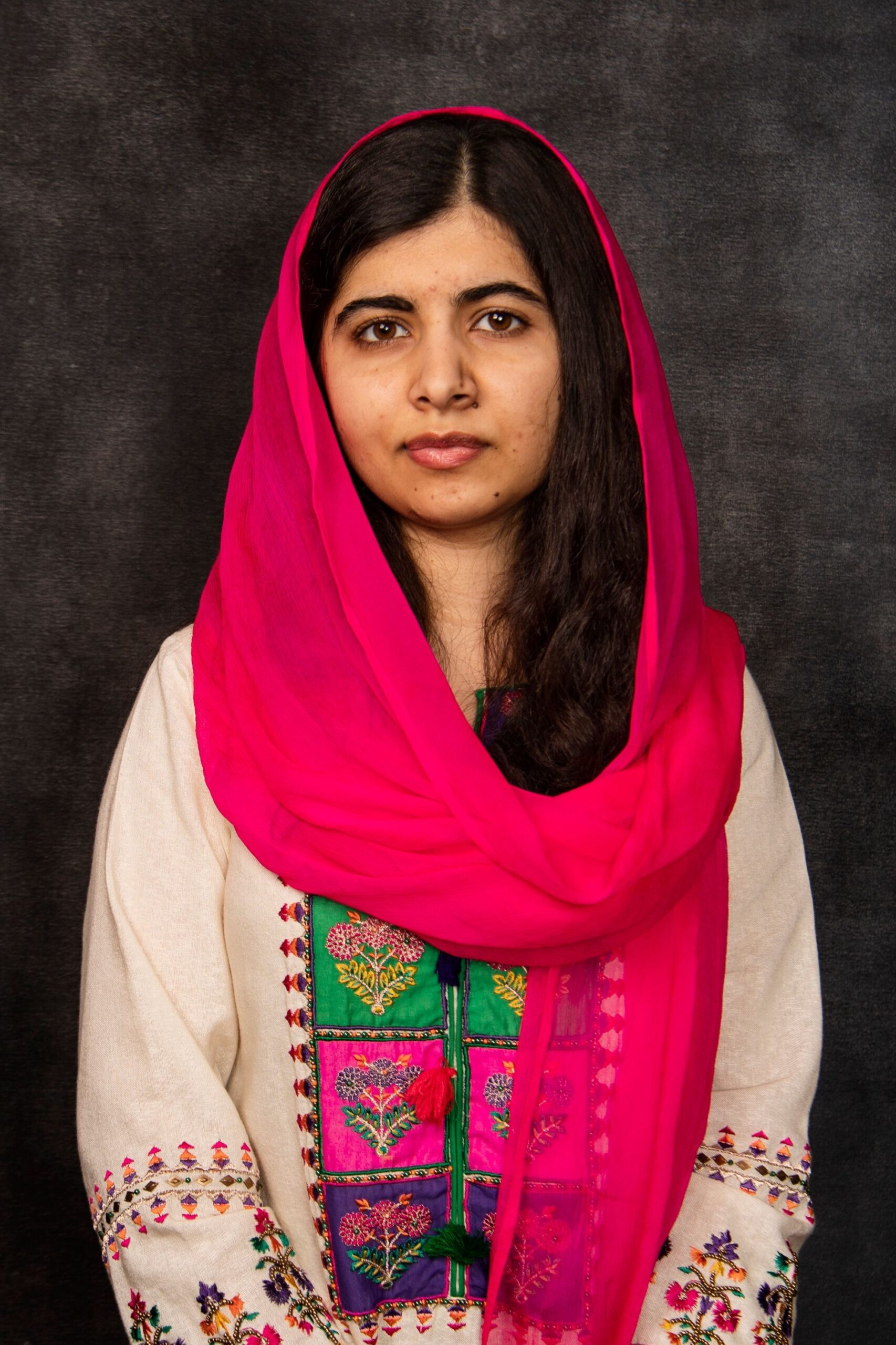
Introduction
Malala Yousafzai, a name synonymous with the fight for girls’ education, has emerged as a global icon advocating for the right to quality education. Born in Pakistan’s Swat Valley, Malala bravely stood up to the Taliban’s oppression and, after surviving a harrowing assassination attempt in 2012, has dedicated her life to promoting education for every child. Her activism has not only highlighted the importance of education but also the challenges many face in accessing it, making her story particularly relevant in today’s context.
Background and Activism
Malala’s journey began with her father, Ziauddin Yousafzai, who ran a school and instilled in her a passion for learning. She started speaking out at a young age, blogging anonymously for the BBC Urdu about life under Taliban rule and the barriers girls faced in obtaining education. In 2014, Malala became the youngest-ever recipient of the Nobel Peace Prize, awarded for her relentless pursuit of educational rights. Her efforts brought global attention to the struggles of millions of children, particularly girls, who are denied the opportunity to learn.
Current Initiatives and Impact
Today, Malala continues her advocacy through the Malala Fund, an organisation she co-founded to champion girls’ education and empower young women worldwide. In 2023, Malala visited several countries, including Nigeria and Afghanistan, to interface with local activists and policymakers. During her meetings, she emphasised the critical role of education in combating poverty and gender inequality. Furthermore, her recent initiatives have focused on digital education, especially in the aftermath of the COVID-19 pandemic, which has significantly disrupted traditional schooling. Malala argues that harnessing technology can help bridge gaps and reach those in remote areas.
Conclusion
Malala Yousafzai’s journey reflects both the potential and challenges of achieving universal education. As she continues her mission, the world watches closely, hoping for a shift in the narrative that has disadvantaged so many. By spotlighting education as a fundamental right, Malala’s work has the power to inspire changes that could transform societies for generations to come. Her unwavering commitment to this cause assures us that while the struggle is far from over, hope and progress are achievable. The significance of her work resonates globally, reinforcing the belief that every girl deserves an education, and she serves as a beacon of hope for millions striving for a better future.
You may also like

Marie Hobinger: A New Force in Environmental Activism

Understanding Mayday: A Celebration of Workers’ Rights
